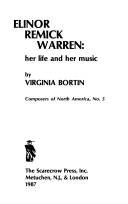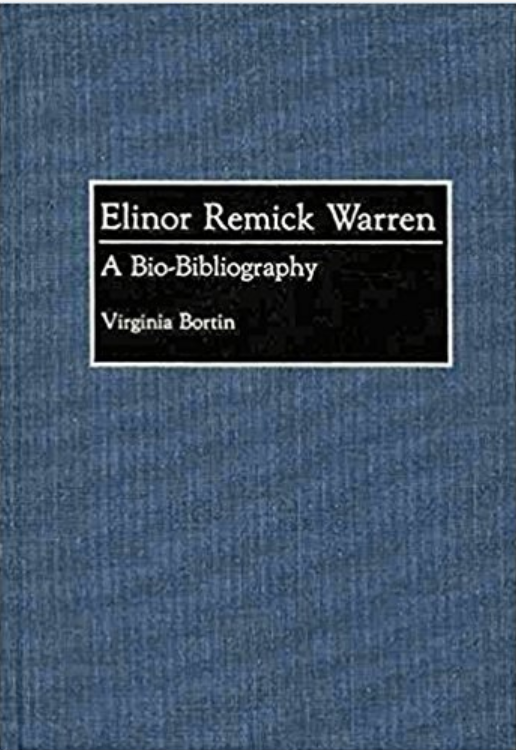Listen
Track:
About
Elinor Remick Warren has been described by musicologist Christine Ammer as the “only woman among the group of prominent American neo-Romanticists that includes Howard Hansen, Samuel Barber, and Gian Carlo Menotti.” Warren created more than 200 works, remaining active up until her death at age 91. In 2000, the Elinor Remick Warren Society, in conjunction with the Library of Congress, sponsored a Centenary Celebration, featuring a lecture, symposium and recital, as well as the presentation of the Warren Collection to the Library of Congress.
Warren was the only child of well-trained musical parents. Her mother was a pianist whose teacher had studied with Franz Liszt, and her father, who earned a living as a businessman, was an amateur tenor and President of the Orpheus Club, a chorus in Los Angeles. By the age of three, Warren was able to plunk out melodies at the piano, and at age five she penned her first composition, the “Forget-Me-Not Waltz” for piano. After local musical training and a year of study at Mills College in Oakland, Warren moved to New York in 1920 to study accompaniment and the art song with Frank LaForge, and orchestration and counterpoint with Clarence Dickinson. By 1922, Warren’s compositions were appearing in the catalogues of several music publishers, including G. Schirmer, Theodore Presser, and Carl Fischer.
At LaForge’s suggestion, Warren began working as a touring accompanist for the Metropolitan Opera singers whom LaForge knew and coached. From 1921 to the early 1940’s, Warren toured the country and collaborated primarily with Florence Easton, but she also had the opportunity to work with Richard Crooks, Lawrence Tibbett, Lucrezia Bori, Margaret Matzenauer, and Grete Stueckgold, who came to program Warren’s songs in their recitals. During one of her summer visits to Los Angeles, Warren met a doctor, whom she married in 1925. They had a son, James, born in 1928, but the marriage ended in divorce after the baby’s birth.
In 1936, Warren’s The Harp Weaver, a large-scale work for women’s chorus, orchestra, and baritone soloist, premiered at Carnegie Hall under the direction of Antonia Brico. The work’s successful debut brought Warren critical attention as a composer in the larger orchestral forms. That same year Warren married Z. Wayne Griffin, a radio, film, and television producer and businessman. The couple remained together until Griffin’s death in 1981. They had two children: a son, Wayne, born in 1938, and a daughter, Elayne, born in 1940.
Inspired by Alfred Lord Tennyson’s Idylls of the King, Warren composed a large-scale choral symphony to the text in 1936. Originally titled The Passing of King Arthur, it was renamed The Legend of King Arthur when Warren revised the work in 1974. The original work was premiered in 1940 by Alfred Coates and the Los Angeles Philharmonic Orchestra; its success secured Warren’s international reputation, and The Legend of King Arthur remains her best-known large work, partly due to revivals by important conductors including Pierre Monteux, John Barbirolli, André Kostelanetz, Roger Wagner, Alfred Wallenstein, and Richard Hickox.
Warren produced some of her most important works during the 1940’s and 50’s, including The Crystal Lake (1946), Singing Earth (1950, revised 1978), and Along the Western Shore (1954). All of these were influenced by the American West, where Warren spent most of her life. She also turned to mystical subjects for inspiration, in works such as The Harp Weaver and The Legend of King Arthur, as well as The Sleeping Beauty (1941). In 1963, Warren was commissioned by Roger Wagner to write a requiem; after several years of concentrated work she completed the piece in 1966. The Requiem received much praise from the press, and was considered by Patterson Greene of the Los Angeles Herald-Examiner to be a “devout, quietly intense work…a dignified, meditative and distinguished contribution to choral literature.”
Warren died on April 27, 1991, survived by her daughter, two sons, and five grandchildren. The Elinor Remick Warren Society was founded in 1996 to help perpetuate her legacy and promote her music.
–Stephanie Poxon, Ph.D.
Related Information
Songs
At Even
Elinor Remick Warren
For You With Love
Elinor Remick Warren
Louis Untermeyer
God Be In My Heart
Elinor Remick Warren
Anonymous
Great Memories
Elinor Remick Warren
Carl Sandburg
Song Collection: Singing Earth
If You Have Forgotten
Elinor Remick Warren
Sara Teasdale
Lonely Roads
Elinor Remick Warren
John Masefield
Sailing Homeward
Elinor Remick Warren
Singing Earth
Song CollectionElinor Remick Warren
Carl Sandburg
Summer Stars
Elinor Remick Warren
Carl Sandburg
Song Collection: Singing Earth
Sweetgrass Range
Elinor Remick Warren
Edwin Ford Piper
Tawny Days
Elinor Remick Warren
Carl Sandburg
Song Collection: Singing Earth
We Two
Elinor Remick Warren
Walt Whitman
The Wind Sings Welcome
Elinor Remick Warren
Carl Sandburg
Song Collection: Singing Earth
Recordings
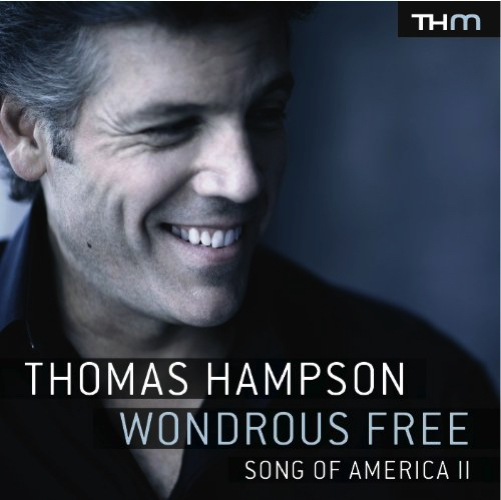
Wondrous Free
(Leonard Bernstein, Paul Bowles, John Alden Carpenter, John Woods Duke, Stephen Foster, Sidney Homer, Francis Hopkinson, Charles Ives, Edward MacDowell, William Grant Still and Elinor Remick Warren)
2009
View recording
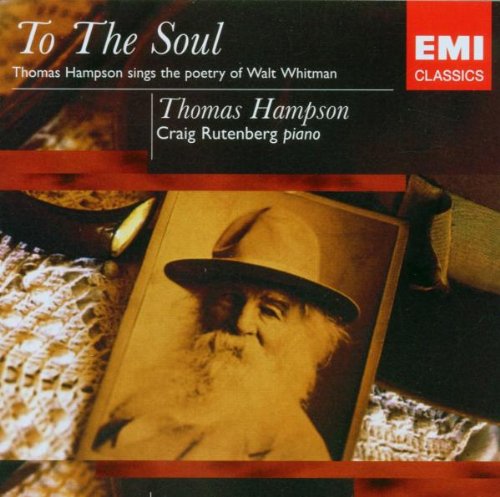
To The Soul - Poetry Of Walt Whitman
(Ernst Bacon, Leonard Bernstein, Henry T. Burleigh, Gerald Busby, Philip Dalmas, Charles Ives, Charles Naginski, Ned Rorem, Robert Strassburg, Michael Tilson Thomas, Kurt Weill, Elinor Remick Warren and Walt Whitman)
1997
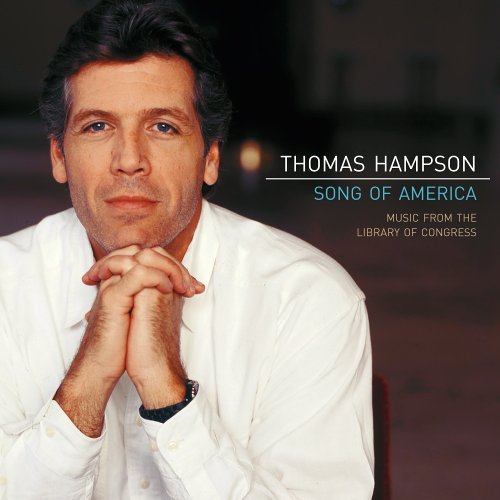
Song of America
(Leonard Bernstein, Henry T. Burleigh, Walter Damrosch, John Woods Duke, Stephen Foster, Charles Griffes, Ned Rorem, Charles Naginski, Clifford Shaw, Abraham Wood, Elinor Remick Warren and Kurt Weill)
2005
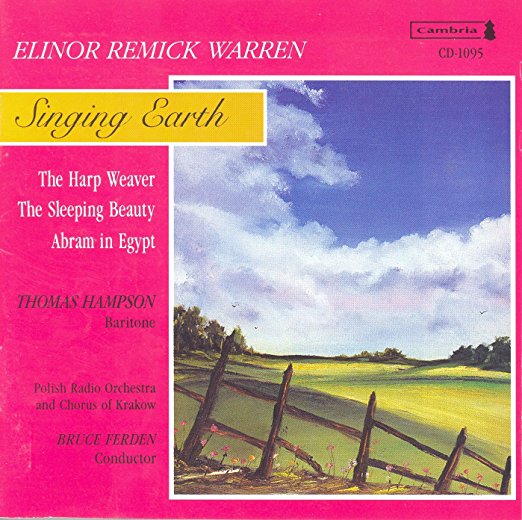
Warren: Singing Earth
(Elinor Remick Warren)
1995
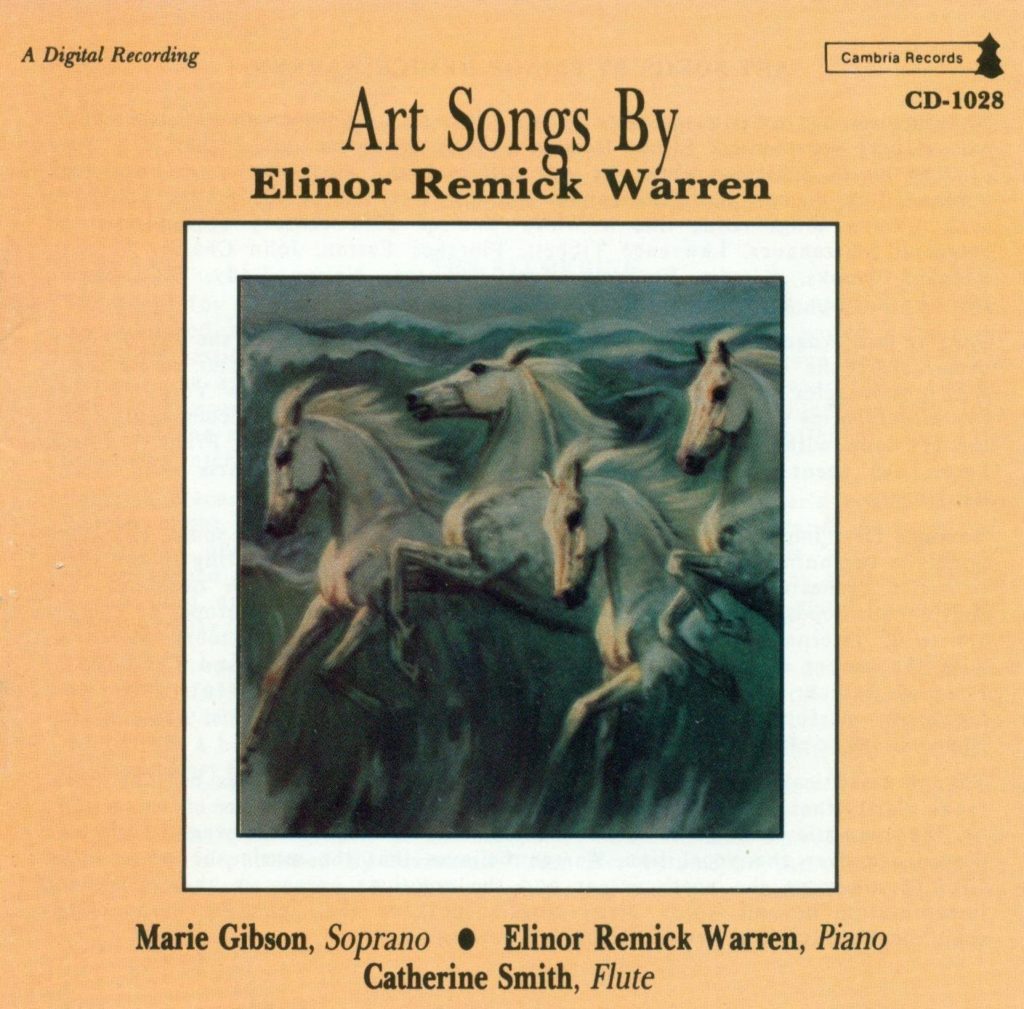
Art songs By Elinor Remick Warren
(Elinor Remick Warren)
1987
Books
Sheet Music
Centennial Album
Composer(s): Elinor Remick Warren
Song(s): Includes God Be In My Heart, Sweetgrass Range
Voice Type: High, Low
Buy via Sheet Music Plus"For You With Love"
Composer(s): Elinor Remick Warren
Song(s): "For You With Love"
Voice Type: High or Medium
Find via WorldCatSelected Songs by Elinor Remick Warren
Composer(s): Elinor Remick Warren
Song(s): Includes Singing Earth, If You Have Forgotten, Lonely Roads, Sailing Homeward
Buy via Sheet Music PlusSongs by 22 Americans
Composer(s): Samuel Barber
Leonard Bernstein
Paul Bowles
John Alden Carpenter
Celius Dougherty
John Duke
Charles Tomlinson Griffes
Richard Hageman
Charles Naginski
William Roy
Gladys Rich
Virgil Thomson
Elinor Remick Warren
Voice Type: High
Buy via Sheet Music Plus

